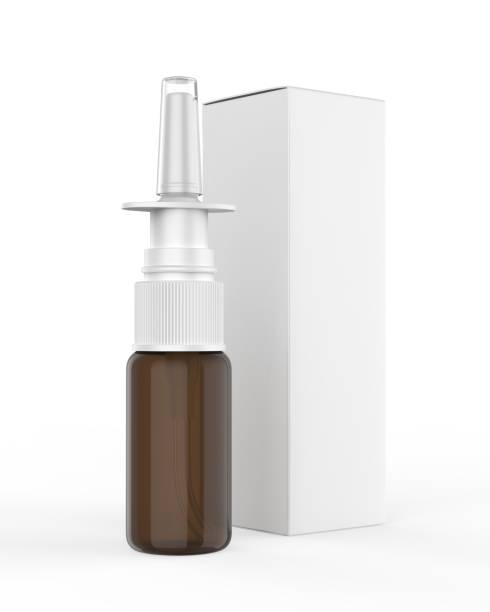As pet owners, we want nothing but the best for our beloved companions. Ensuring their overall health and happiness is a top priority, and one of the ways to achieve this is by providing them with high-quality, nutritious pet products. In this article, we will explore some essential aspects to consider when looking for healthy pet products and discuss the benefits of opting for eco-friendly alternatives.
Key Ingredients for Healthy Pet Food
When selecting pet food, it’s crucial to pay close attention to the ingredients list. Some essential components of a healthy pet food include:
- High-Quality Protein: Prioritize pet food with real meat as the primary ingredient, such as chicken, turkey, or salmon. This ensures that your pet receives the necessary amino acids and nutrients for a strong immune system and muscle growth.
- Healthy Fats: Omega-3 and Omega-6 fatty acids are beneficial for your pet’s skin and coat health. Look for pet food containing sources like fish, flaxseed oil, olive oil, and egg yolks. These fats can also help prevent chronic inflammation and various diseases.
- Vegetables and Fruits: Whole vegetables and fruits provide essential vitamins, minerals, and antioxidants for your pet’s overall health. Examples include sweet potatoes, carrots, blueberries, and spinach.
Eco-Friendly Pet Products
In addition to considering the ingredients in your pet’s food, it’s also important to think about the environmental impact of the products you choose. One example of a company committed to sustainability is Healthy Pet, which creates natural cat litter and small pet bedding made from sustainably sourced, responsibly rescued natural plant fiber. By supporting companies like Healthy Pet, you contribute to reducing waste and promoting a greener environment for both humans and animals alike.
Consulting Your Veterinarian
Your veterinarian is an excellent resource for information on your pet’s specific dietary needs and any potential food allergies or sensitivities. They can recommend pet food brands that align with your pet’s health goals and advise on appropriate serving sizes based on factors such as age, breed, and activity level.
Reading Pet Food Labels
Be diligent when reading pet food labels, focusing on the quality of the ingredients rather than just the brand name or marketing claims. High-quality pet food should list real meat as the first ingredient and avoid fillers or artificial additives. Additionally, pay attention to portion recommendations to ensure your pet receives the correct balance of nutrients.
By taking these factors into account when shopping for pet products, you can confidently select items that promote your pet’s overall health and well-being while contributing to a cleaner, greener environment.




